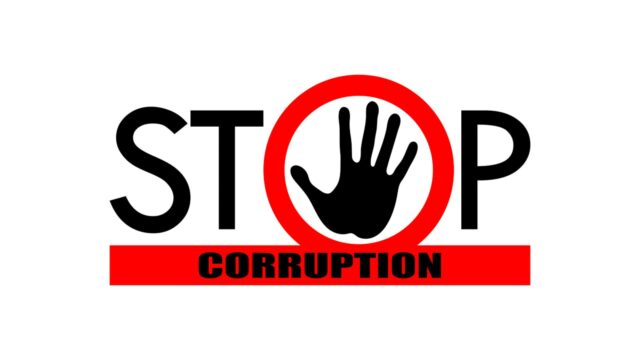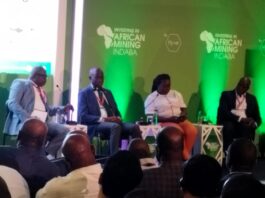- Tax exemptions for specific mining companies without valid reason
- Reducing the amount of tax reassessments
- Political interference in tax audits
The “diagnostic report on corruption in the mining sector in Guinea” describes existing forms of corruption in the Guinean mining sector. It was published by the Civil Society College of the Guinean Extractive Industries Transparency Initiative (EITI) Steering Committee, supported by the NGO Natural Resource Governance Institute (NRGI).
There are several forms of corruption in the collection of mining revenues in Guinea. Firstly, there is “favouritism in the tax annexes to the basic agreements of mining companies”. This form of corruption involves granting tax exemptions to specific mining companies without a valid reason, allocating preferential tax rates and manipulating the formula for calculating royalties. According to the information gathered by the report, this practice is widespread in the sector, and some companies obtain these tax advantages through bribes paid to senior executives involved in negotiating the agreements.
There is also “collusion between the tax authorities and mining companies to reduce the amount of tax reassessments”. In this form of corruption, representatives of mining companies offer bribes, gifts or other benefits in exchange for preferential treatment from tax inspectors. “This corruption often occurs at the end of a tax audit, when it is clearly established that the mining company is to be subject to a tax reassessment because of proven breaches of its tax obligations. The company then offers advantages to the inspectors in exchange for a significant reduction in the amount of the tax reassessment, with the aim of avoiding paying all the taxes due”, reveals the report.
Finally, there is “political interference in tax audits”. Politicians or senior civil servants interfere in the tax audit process in order to further particular interests. This practice often involves exerting pressure on tax auditors to reduce the amounts of tax and penalties or to turn a blind eye to the shortcomings identified, or simply to delay or cancel audits. In some cases, this pressure can take the form of threats. For example, a tax inspector told the mission responsible for drafting the report that during an audit of a company operating in Boké, the company’s head accountant refused to share the information requested on the pretext that the company dealt with such matters with the presidency. The inspector then received a phone call telling him to be “flexible” and not to bother the investors. All these forms of proven corruption in Guinea are costing the State colossal sums of money and are an obstacle to the development of the mining sector. This is why the NGO Natural Resource Governance Institute (NRGI) has supported the initiative of the College of civil society representatives (Collège des représentants de la société civile), in particular by recruiting an independent consultant (expert) to undertake this diagnostic in order to produce this report. The College of civil society representatives is made up of 36 civil society organisations and its members are appointed by them to the EITI-Guinea steering committee.
#Mines_Actu_Burkina






